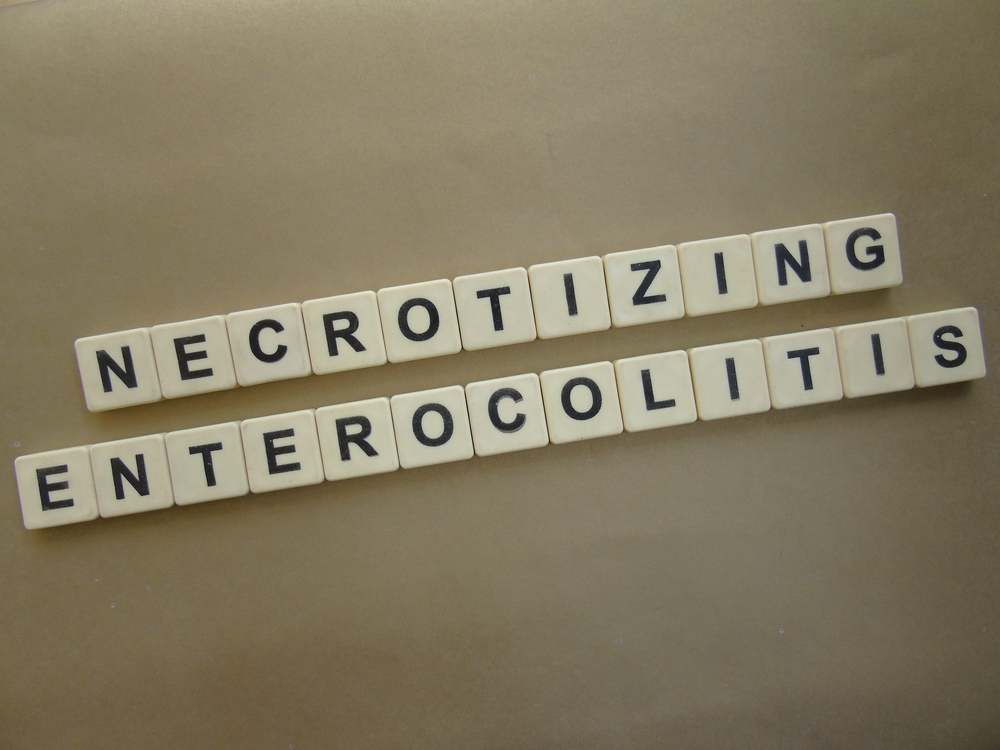DIAGNOSIS
In the neonatal intensive care unit, your child’s doctor will take an X-ray of their abdomen and do some blood tests. If it’s NEC, the X-ray will show gas or air bubbles in the intestine’s wall.
A needle may also be inserted into your baby’s abdomen by the doctor. If fluid spills from their intestines, it means they have a hole.
Moreover, a blood test may also be administered to see if the infant has a low white blood cell count. This indicates that your baby’s immune system has been impaired.
TREATMENT
The treatment for this condition will be determined by a variety of factors, such as your baby’s overall health, medical history, how premature your baby is, and the extent of the infection.
Then, your doctor may do one or more of the following:
- Stop feeding the child
- Remove the fluid to empty the baby’s stomach
- Prescribe antibiotics
- Keep an eye on the condition through x-rays
- Give the baby extra oxygen to help him/her breathe
- Isolate the baby from other babies
Furthermore, if the condition doesn’t improve, surgery may be required. A procedure called ostomy may also be administered.
system might occasionally help you feel better These include:
- Mestinon or pyridostigmine
- 3, 4 Diaminopyridine (3,4-DAP)
These medications are not easy to obtain. Hence, talk to your doctor for more information.


